Airbus looks to the “underutilised sky” for urban mobility
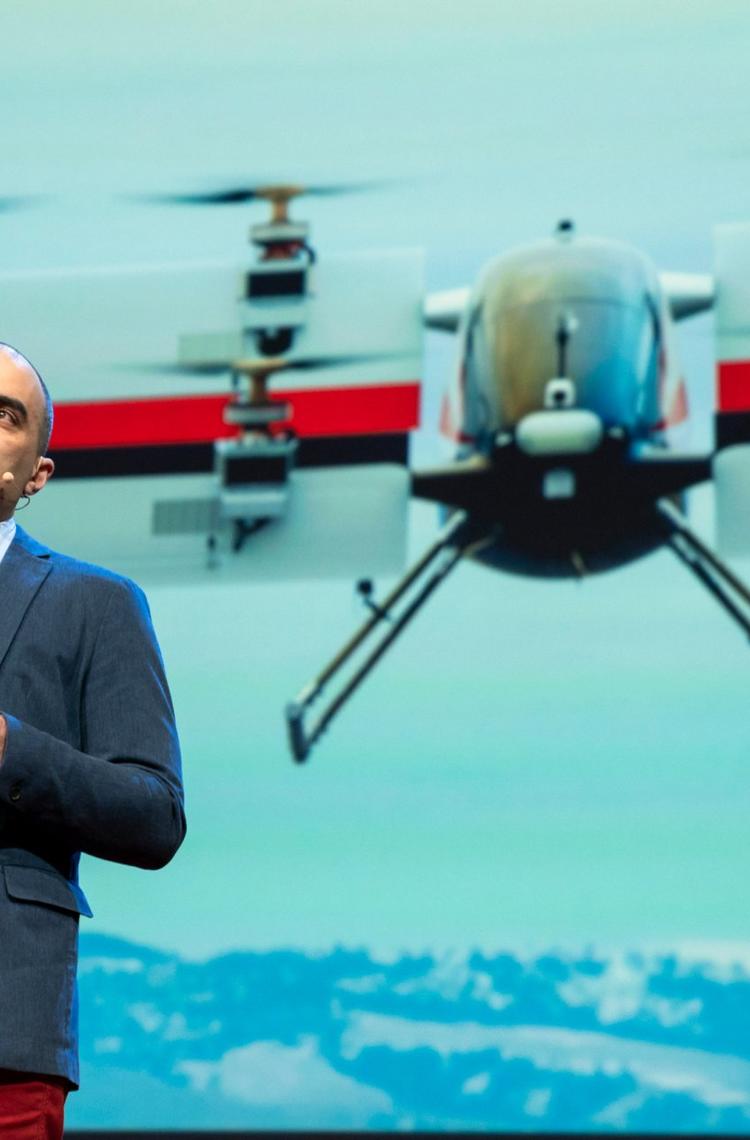
The head of A³, Airbus’ Silicon Valley operation, says that “flight is about to get a lot more personal"
To Rodin Lyasoff, the Chief Executive Officer of A³ – Airbus’ advanced projects outpost in Silicon Valley, California, USA – self-piloting air taxis will become a normal element of urban mobility in the coming years, marking “another golden age for aviation.”
Speaking at TED, the bi-annual gathering on Technology, Entertainment, and Design, Lyasoff said Airbus’ portfolio of ground-breaking projects is helping to make Urban Air Mobility a reality, spurred by advances in electric vehicles and autonomy.
A first tangible step is Vahana – Airbus’ self-piloted eVTOL (vertical take-off and landing) demonstrator that can travel approximately 20 miles in 15 minutes. “Our cost estimate for a trip like this is around 40 dollars, which is something that you can really build a business around,” Lyasoff said. “We’ve really focused on making it efficient, so the batteries are small, light, and they last longer. For reference, the Vahana battery is less than half the size of a Tesla Model S battery. It's about 40 kilowatt-hours, and you can hot-swap the batteries in just a few minutes.”
I think the next decade is going to be another golden age for aviation. For one thing – and this is where I get excited – flight is about to get a lot more personal
- Rodin Lyasoff, the Chief Executive Officer of A³
Unlocking new possibilities with electric flight
Combining the “underutilised skies” with electric propulsion opens up an entire new dimension for urban mobility and Airbus is exploring multiple angles: CityAirbus, an eVTOL vehicle for up to four passengers, in addition to Vahana, which aims to create a similar mode of transport for individual travellers or cargo. In Singapore, the company is working with the country’s National University on the Skyways project to test a parcel transportation system using autonomous electric drones.
“Electric flight unlocks new possibilities for vehicle configurations that we just could not explore in the past,” Lyasoff explained. “If you use electric motors, you can have many of them around the aircraft, and it doesn't add a lot of extra weight. And that gives you redundancy and safety. They also are cleaner, cheaper, and quieter than internal combustion engines.”
Lyasoff told the TED audience that while in college during the late 1990s, he often was told that his desire to pursue aerospace studies would lead to a “boring” career. “Well, they were a little bit off the mark,” he added. “And in fact, I think the next decade is going to be another golden age for aviation. For one thing – and this is where I get excited – flight is about to get a lot more personal.”
Discover more Innovation news
Continue Reading
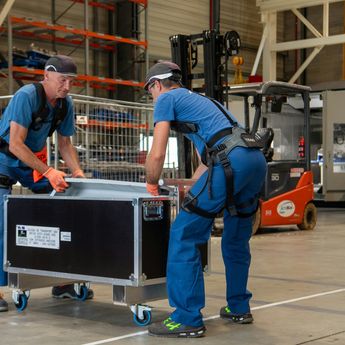
Powering production and protecting people with exoskeletons
Web Story
Innovation
Discover how Airbus is revolutionising aircraft production with industrial exoskeletons that improve ergonomics and safety for workers.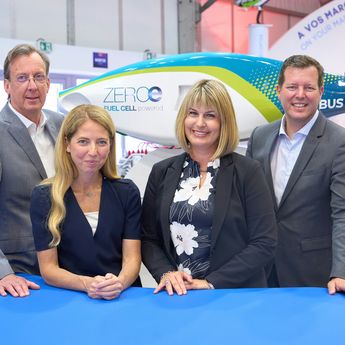
Airbus and MTU Aero Engines advance on hydrogen fuel cell technology for aviation
Press Release
Innovation
Airbus and Critical Software explore strategic partnership in embedded software…
Press Release
Innovation
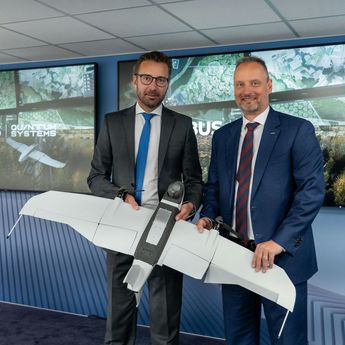
Strengthening Europe's sovereignty: Airbus and Quantum Systems work on ecosystem for…
Press Release
Defence
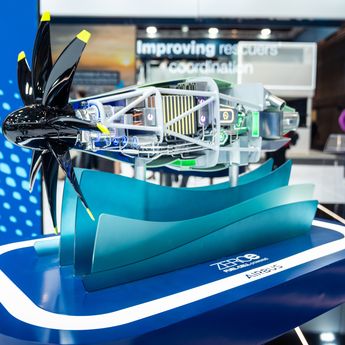
Airbus at Paris Air Lab 2025: Discover Tomorrow, Today
Web Story
Innovation
